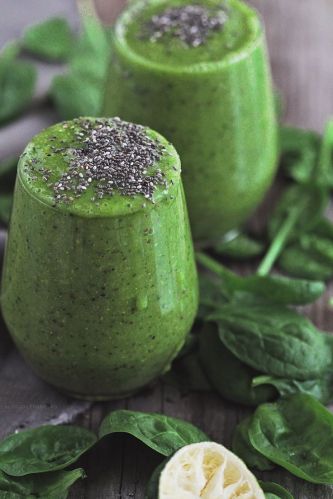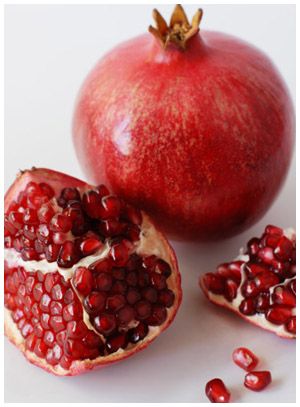No one likes stepping on the scales to be faced with the horrible reality that they probably ate too many slices of cake last week. The chances are you’ve had your suspicions about those extra couple of pounds for a while but have been in a firm state of denial with yourself. Finally, you pluck up the courage to see for certain and can deny it no longer – the numbers don’t lie after all. While to most, a little weight gain is a minor confidence blip, an inconvenience, for me it’s a minefield. No matter what size I am, I spend my life both dreading it and trying to avoid it, in equal measure.
So when I started to return to health after an illness that saw me shrink to just under 8 stone, the joy and relief of recovery was tainted by the fact that I would inevitably gain weight. I knew it was something that needed to happen – I was the thinnest I’ve ever been, even when in the throws of an eating disorder, I just wasn’t prepared for how horrific it would be when it started to become physically noticeable.
I didn’t notice for a while, I was too busy thinking about what I was going to eat next, high on the excitement of being able to enjoy food again and while I was aware that the food I was shovelling into me wasn’t particularly good for me, I was powerless to my appetite. White bread, smothered with Lurpak became the staple of my diet, I would go to bed dreaming about McDonald’s double cheeseburgers and my boyfriend watched in awe as I devoured sticky toffee puddings every weekend at dinner. Concerned by these new eating habits, I broached the subject with my dietician and of course, there was a perfectly reasonable explanation. My body was starving. I should point out that by this point I had been ill for a considerable amount of time, struggling to eat barely anything most days and what I did manage to eat, my body wasn’t absorbing any nutrients from. It turns out the human body is a pretty intelligent organism and it knows what it needs. I was craving these calorific foods, high in fat and carbohydrates, because my body was severely lacking the nutrients that they provide. The dietician reassured me that once my health and weight began to return to normal these cravings would stop and my diet would stabilise and she was right. Now that my body is nourished again, the bizarre cravings have stopped and I’m back to eating the balanced diet I had before, I’m back to myself again.
What isn’t quite as simple however, is accepting myself. As much as I know that gaining weight is a good thing, I can’t help but be disgusted every time I look in the mirror. When I step on the scales and the dial inches up a few more notches, my heart sinks a little bit more. Each time I’m offered a well-meaning compliment along the lines of, “You’ve gained weight,” I die a little bit inside.
My arms – the only part of me I have ever considered as slim enough – now appear twice the size they used to be, my collarbone is no longer protruding and the gap between my thighs is getting smaller by the day. While all of these are positive signs, physical indicators of good health, I hate each and every one of them and I also hate the fact that I hate them. I’m happy my body is healthy again, yet I can’t accept it in its healthy form.
The worst part is not knowing if what I’m seeing in the mirror is as it really is or if my mind is lying to me, distorting my view with it’s dysmorphic tendencies. I might feel bigger than I’ve ever been, but the scales say I’m no heavier than I was before I fell ill – a healthy weight – and the numbers never lie, right?
I may be healthy physically, but mentally there’s still some work to be done. I need to listen to my body and to trust it, if I’m craving that slice of cake it’s not because I’m fat and greedy as the voice in my head would have me believe, it’s because my body needs sugar. I need to train my mind to work with my body rather than against it so that the dinner table is no longer a battlefield. I need to learn to love my body and to look after it, because it is healthy and for that I am grateful. For me gaining weight is the first hurdle, but the real recovery begins after.


























